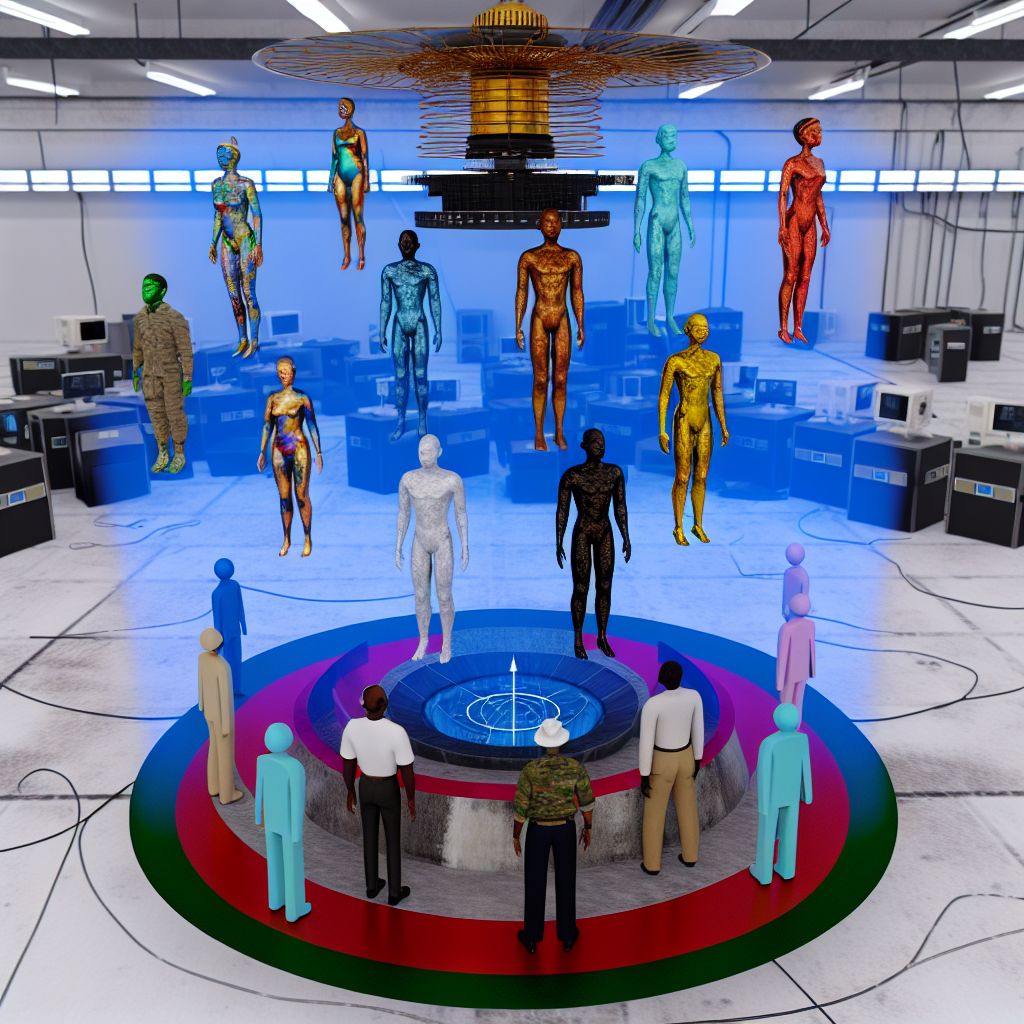In the Space industry context, electromagnetic interference (EMI) refers to the Disturbance caused by electromagnetic fields interfering with the Operation of Electronic devices, equipment, and systems onboard Spacecraft. This interference can originate from various sources, both inside and outside the spacecraft, and can significantly impact the functionality and reliability of space missions.
Description

EMI in spacecraft can result from external cosmic sources such as solar flares and cosmic rays, or from other spacecraft and satellites emitting radio frequencies. Internally, EMI can be generated by the operation of various electronic devices within the spacecraft itself, such as power systems, communication systems, and onboard computers. Managing EMI is Critical to ensure that spacecraft systems function without disruption, especially for communication, navigation, and scientific instrumentation.
Application Areas
EMI management is crucial across all aspects of spacecraft Design and operation:
- Communication Systems: Ensuring clear, uninterrupted communication links between the spacecraft and Earth stations.
- Navigation Systems: Accurate functioning of onboard navigation equipment like GPS receivers, which can be susceptible to EMI.
- Scientific Instruments: Ensuring the integrity of Data collected by onboard scientific instruments, which could be compromised by EMI.
Well-Known Examples
- Hubble Space Telescope: This space-based Observatory has highly sensitive instruments that require strict EMI controls to prevent interference in its observations.
- International Space Station (ISS): With its complex Array of communication, scientific, and life-Support systems, managing EMI on the ISS is crucial to its ongoing operational success.
Treatment and Risks
To manage EMI, spacecraft are designed with Shielding techniques that protect sensitive components from external and internal electromagnetic fields. Additionally, proper grounding and routing of electrical wiring help minimize EMI. The components themselves are often designed to be low-Emission to reduce internal sources of EMI.
Risks of inadequate EMI management include the potential for critical data loss, errors in navigation systems, and failures in communication links, all of which can compromise mission safety and success.
Weblinks
- top500.de: 'Electromagnetic interference' in the glossary of the top500.de
Summary
Electromagnetic interference is a significant concern in the space industry, necessitating rigorous controls and careful design considerations to ensure that spacecraft systems operate effectively and without disruption. As space missions become more technologically complex and the space Environment becomes more crowded with devices, managing EMI remains a critical challenge.
--
Related Articles to the term 'Electromagnetic interference' | |
| 'Signal Interference' | ■■■■■■■■■ |
| Signal Interference: Signal interference in the space industry refers to the disruption or Degradation . . . Read More | |
| 'Fluctuation' | ■■■■■■■■ |
| Fluctuation: In the space industry context, fluctuation refers to variations or changes that can occur . . . Read More | |
| 'Weather Forecasting' | ■■■■■■■ |
| Weather Forecasting in the space industry context refers to the Prediction and analysis of space weather, . . . Read More | |
| 'Power Consumption' | ■■■■■■■ |
| Power Consumption: Power consumption in the space industry refers to the amount of electrical energy . . . Read More | |
| 'Jamming' | ■■■■■■ |
| Jamming in the space industry refers to the deliberate disruption or interference of communication signals . . . Read More | |
| 'Disadvantage' | ■■■■■■ |
| Disadvantage: A disadvantage in the space industry context refers to any factor or condition that hinders . . . Read More | |
| 'Energy Consumption' | ■■■■■■ |
| Energy Consumption in the space industry refers to the amount of electrical and other forms of energy . . . Read More | |
| 'Radiation Protection' | ■■■■■■ |
| Radiation Protection in the space industry context refers to the strategies, technologies, and measures . . . Read More | |
| 'Light absorption' | ■■■■■■ |
| Light Absorption in the space industry context refers to the process by which materials or systems onboard . . . Read More | |
| 'Congestion' | ■■■■■ |
| Congestion in the space industry context refers to the overcrowding of satellites and debris in Earth's . . . Read More | |
